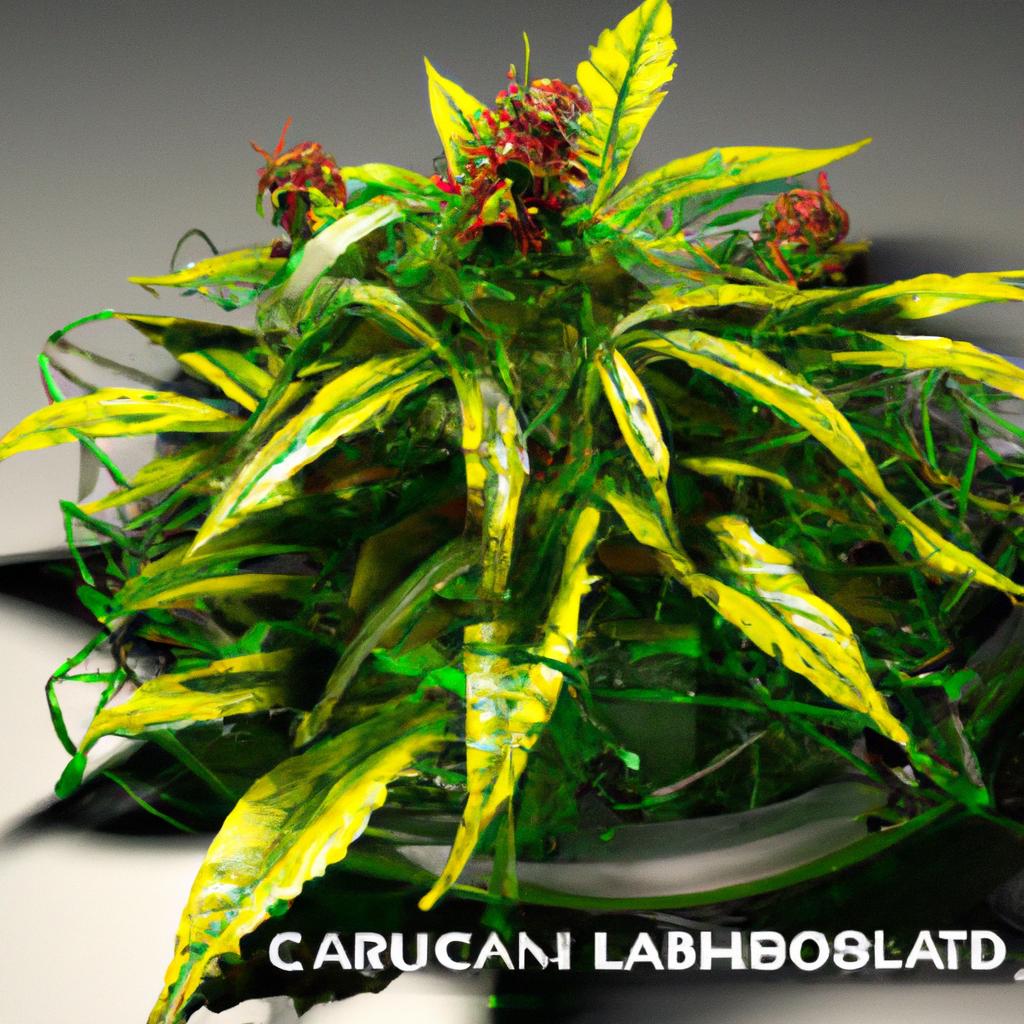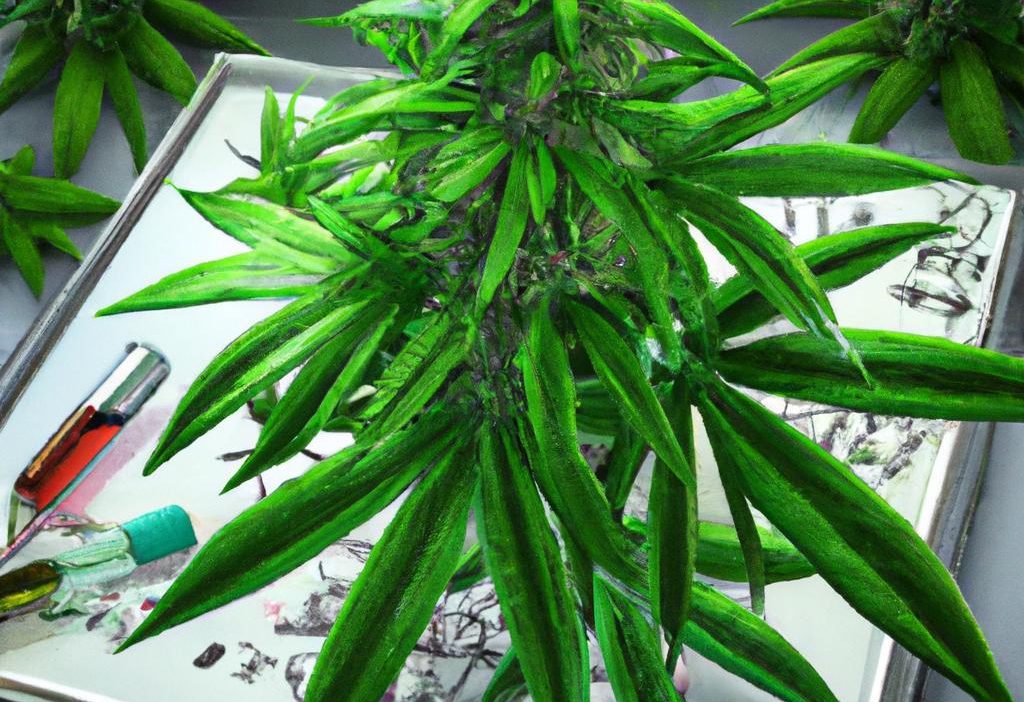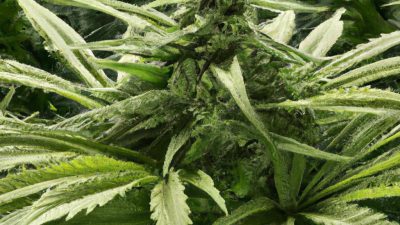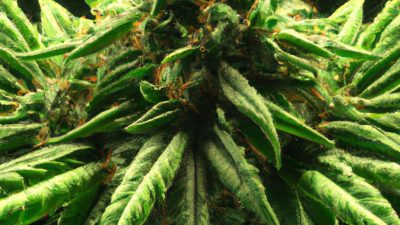
How PLCs Are Transforming Cannabis Extraction Labs
The cannabis industry is evolving rapidly, fueled by advancements in cannabis science, cultivation, and post-processing technologies. One critical area gaining notable momentum is cannabis extraction labs-facilities dedicated to producing high-quality cannabis concentrates and oils. among the innovations reshaping these labs, Programmable Logic Controllers (PLCs) stand out for their ability to streamline operations, improve safety, and deliver consistent product quality. This article explores how PLCs are transforming cannabis extraction labs and why integrating this technology is pivotal for the future of cannabis processing equipment and cannabis technology as a whole.
The Intersection of Cannabis Technology and Automation
Cannabis processing is a complex task that involves delicate extraction methods, precise environmental controls, and rigorous safety standards. as demand for cannabis concentrates soars, labs face the challenge of balancing efficiency with compliance and quality control. Here, automation technologies, particularly plcs, are playing a transformative role.
A PLC is a ruggedized digital computer used for automation of industrial processes, such as controlling machinery on factory assembly lines or elegant extraction systems. In cannabis extraction labs,PLCs serve as the nerve center,coordinating various equipment and processes involved in isolating cannabinoids and terpenes from the cannabis plant.
Benefits of PLC Integration in Cannabis extraction Labs
1. Enhanced Process Control and Precision
Cannabis extraction requires strict control over variables like temperature, pressure, solvent flow rates, and extraction duration. PLCs enable lab operators to program and monitor these parameters with exceptional accuracy, minimizing the risk of human error and inconsistency.
2. Improved Safety and Compliance
The extraction process frequently enough involves volatile solvents such as CO₂, butane, or ethanol. PLCs help enforce safety protocols by continuously monitoring equipment for anomalies like pressure spikes or leaks, triggering automatic shutdowns or alarms when hazards are detected. This automation reduces workplace risk and ensures compliance with regulatory standards.
3. increased Efficiency and Throughput
By automating routine tasks and enabling real-time adjustments, PLCs reduce downtime and maximize equipment utilization. labs can process more biomass in less time, increasing overall output without sacrificing quality.
4.Data Logging and Traceability
Modern PLCs often integrate with SCADA (Supervisory Control and Data Acquisition) systems,allowing for real-time data logging and reporting. This traceability is crucial for quality assurance, product consistency, and meeting strict cannabis industry regulations.
Core PLC Functions in Cannabis Extraction Laboratories
To better understand the transformative impact of PLCs, here is an overview of their key functions within typical cannabis extraction processes:
| PLC Function | Application in Cannabis Extraction | Benefit |
|---|---|---|
| Temperature Control | Maintains precise heat settings for solvent recovery and distillation units | Improves cannabinoid purity and terpene preservation |
| Pressure Monitoring | regulates pressure in supercritical CO₂ or hydrocarbon extraction systems | Enhances extraction efficiency and safety |
| Solvent Flow Regulation | Automates solvent injection and recovery rates during extraction | optimizes yield and minimizes waste |
| Alarm and Emergency Shutdown | Detects unsafe conditions like leaks or equipment failure | Reduces risk of accidents and regulatory violations |
| Data acquisition & Reporting | Records operational metrics for quality control | Supports batch traceability and compliance documentation |
Practical Tips for Implementing PLCs in Cannabis Extraction Labs
- Choose Industry-Specific Solutions: Select PLC systems designed to withstand the specific environmental conditions of cannabis extraction, including exposure to solvents and temperature fluctuations.
- Integrate with Existing Equipment: Ensure the PLC interfaces seamlessly with existing extraction machinery, pumps, and sensors to avoid costly replacements.
- Prioritize User-Pleasant Interfaces: Deploy PLCs with intuitive touchscreen interfaces to simplify operator training and reduce errors.
- Automate Critical Safety Protocols: Program automatic emergency shutdowns and alarm triggers to maintain safety compliance at all times.
- Invest in Data Analytics: leverage the rich data logged by plcs to analyze trends, optimize processes, and improve future extraction runs.
Case Study: PLCs Driving Innovation in a Leading Cannabis Extraction Lab
GreenLeaf Labs, a pioneering cannabis extraction company, recently integrated advanced PLC systems into their supercritical CO₂ extraction lines. By automating temperature and pressure controls,the lab reported:
- A 20% increase in throughput without compromising product quality.
- Zero safety incidents related to solvent leaks or equipment malfunction over 12 months.
- Streamlined compliance reporting via automated data logs submitted directly to regulators.
This example illustrates how PLC technology not only boosts operational efficiency but enables cannabis extraction labs to scale sustainably and maintain high regulatory standards.
Future Trends: PLCs and the Evolution of Cannabis Science
Looking ahead, PLCs will become even more integral to cannabis science innovations. With the rise of AI-driven automation and IoT (Internet of Things) connectivity, PLCs will:
- Optimize extraction protocols in real-time based on cannabis chemovars and biomass quality.
- Integrate with blockchain for immutable supply chain transparency.
- Enable remote monitoring and control to minimize human presence in hazardous extraction environments.
This intelligent automation will help cannabis extraction labs produce next-generation concentrates tailored for therapeutic and recreational markets.
Conclusion
PLCs are proving to be a game-changer in cannabis extraction labs by delivering unparalleled precision, safety, and efficiency. Their adoption reflects a broader trend of cannabis technology evolving towards industrial-grade automation and data-driven quality control. For cannabis businesses aiming to scale operations, improve product quality, and navigate complex regulatory landscapes, integrating PLC systems into the cannabis processing equipment lineup is no longer optional – it’s essential.
As cannabis science continues to advance, embracing PLC technology in extraction labs will unlock new frontiers of innovation, ensuring your products consistently meet the highest standards in this fast-growing industry.





